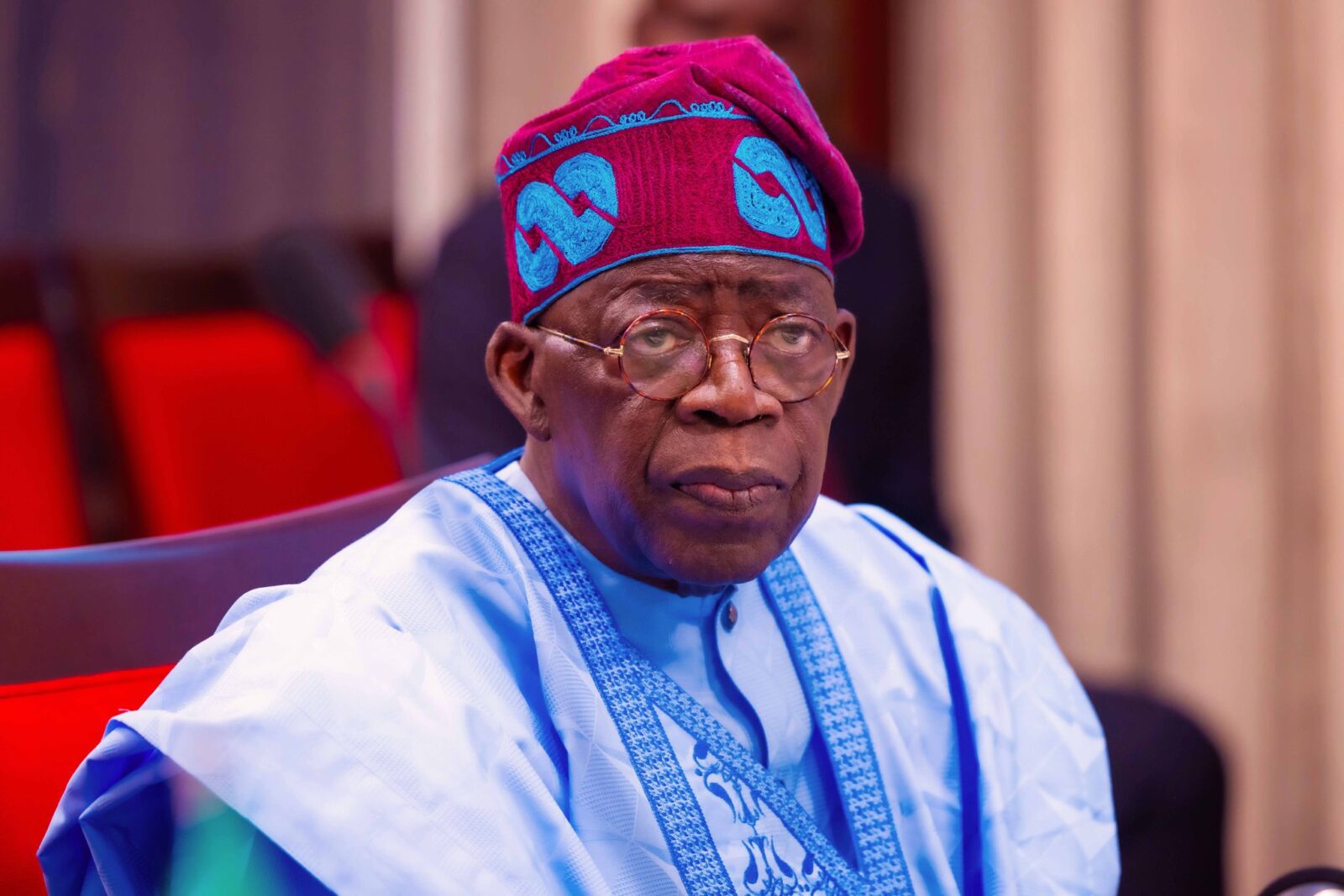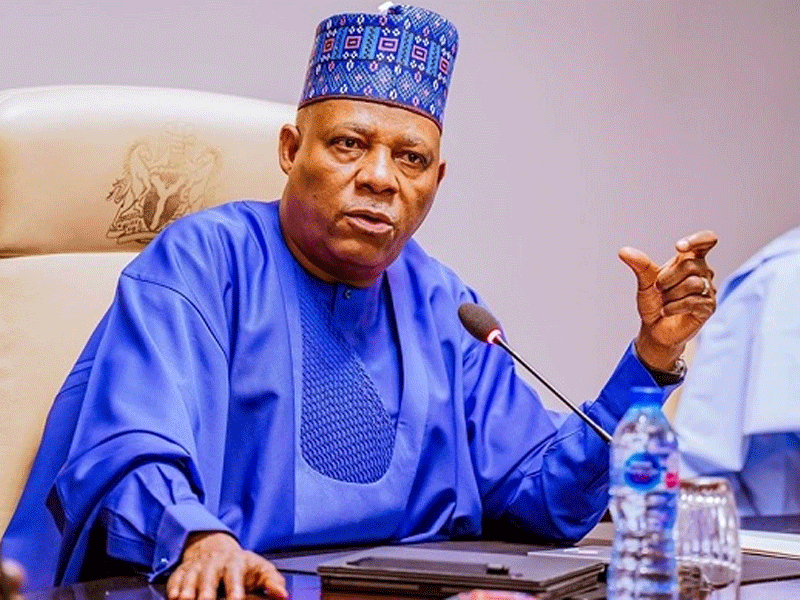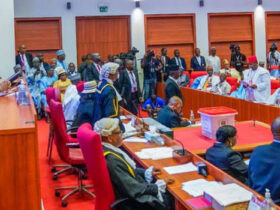Northern leaders have cautioned Bola Tinubu against considering the relocation of United States and French military bases from the Sahel to Nigeria.

In a letter dated May 3, 2024, addressed to President Tinubu and leaders of the National Assembly, these northern elders urged the federal government to resist any such pressures.
The letter by the northern leaders revealed that the US and France are actively lobbying Nigeria and other Gulf of Guinea nations for defense agreements to deploy troops previously stationed in Mali, Burkina Faso, and Niger Republic.
Expressing deep concern, the northern leaders warned that agreeing to this defense pact could potentially compromise Nigeria’s own defense and security interests. They pointed out that the withdrawal of French and American forces from Niger raises serious questions about the effectiveness and advantages of hosting foreign military bases.
Highlighting their argument, the letter emphasized that the US operations in the Sahel have not succeeded in curbing terrorism; in fact, terrorism has reportedly escalated since the establishment of the military base.
This advisory from the northern intelligentsia underscores the importance of a cautious and strategic approach to foreign military agreements, particularly in the context of national security and defense.
Signatories to the letter include Abubakar Mohammed of the Centre for Democratic Development, Research and Training (CEDDERT); Kabiru Chafe, former Minister of State for Petroleum Resources, from the Arewa Research and Development Project (ARDP); Attahiru Jega, former Chairman of the Independent National Electoral Commission (INEC); Jibrin Ibrahim of the Centre for Democracy and Development (CDD); Auwal Musa (Rafsanjani) of the Civil Society Legislative Advocacy Centre (CCISLAC); and YZ Ya’u of the Centre for Information Technology and Development (CITAD).
Relations between Niger Republic and France soured following a military coup in the Sahel country.
France swiftly condemned the coup that ousted President Mohamed Bazoum, urging the restoration of constitutional order. The junta that seized power made the withdrawal of France’s military presence a central demand, echoing actions taken by Burkina Faso and Mali following their own successful coups.
France had maintained over 1,500 troops in Niger as part of a critical security partnership to combat jihadist groups affiliated with al-Qaeda and Islamic State, aiming to counter the spread of terrorism in the Sahel region.
Amid growing anti-Western sentiments in the Sahel, Russia seized an opportunity to expand its influence in Africa.
Following the expulsion of French forces aiding in counterterrorism efforts, Niger’s military government in January committed to enhancing military cooperation with Russia.
In March, the Nigerien junta rescinded an agreement with the US government that permitted American troops to operate from two bases within the country. Approximately 1,000 US military personnel were stationed in Niger.
Additionally, the US agreed to shutter its $100 million military drone base near Agadez, established six years ago as a pivotal element of the joint US-France strategy to combat jihadists in West Africa.
The burgeoning alliance with Russia was further cemented as Russian military instructors arrived in Niger equipped with advanced technology to train the nation’s army.
In a letter addressed to Tinubu, northern leaders revealed that the US and French governments have reportedly been urging Nigeria and neighboring countries to enter new defense agreements, allowing them to redeploy their withdrawn troops.
Citing information from the Pentagon, the letter highlighted that the Western forces’ efforts to combat terrorism in the Sahel region have been deemed “quite unimpressive, if not a complete failure”.
“The rise in terrorism, rather than diminishing, has significantly increased since the initiation of US operations in the region,” the letter stated.
The leaders also voiced apprehensions regarding the economic and environmental consequences associated with hosting foreign military bases.
“Economically, the presence of these bases could potentially divert government funds and resources away from critical areas such as education, healthcare, and infrastructure development toward maintaining and securing these military installations.
“This redirection of resources could stunt economic growth and exacerbate poverty in a country where much of the population already lives under challenging conditions,” they said.
“Moreover, hosting foreign troops often leads to increased prices and living costs in local areas, disproportionately affecting the lower-income population.
“Environmentally, the construction and operation of military bases can lead to significant degradation of the local environment. This includes deforestation, soil erosion, water contamination, and loss of biodiversity, which are detrimental to agricultural communities and indigenous populations. The long-term environmental damage could further hinder economic opportunities and sustainable development,” the letter added.
The letter emphasized that the establishment of foreign military bases in Nigeria could further exacerbate already tense relations with neighboring French-speaking countries.
The leaders urged the government to carefully weigh the broader implications of these agreements, emphasizing the importance of prioritizing Nigeria’s long-term peace and security over short-term strategic alliances.









Leave a Reply